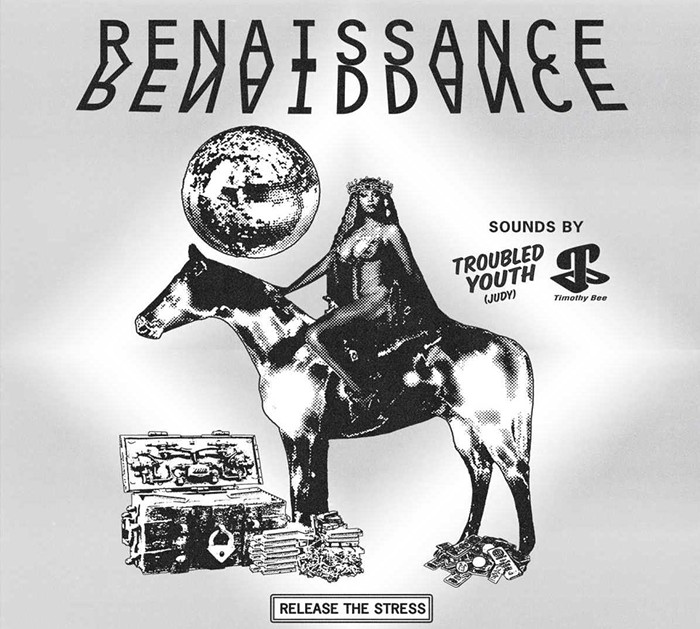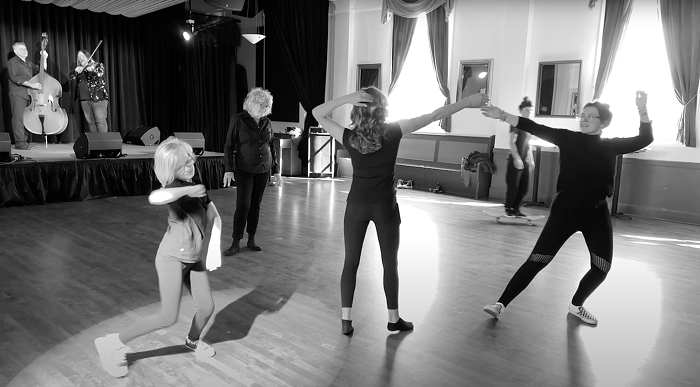WHILE STUDYING at Berklee College of Music, David Davidson's teachers kept telling him to find his own voice on guitar. So he studied and borrowed from as many players as possible, incorporating jazz, prog-rock, and classic thrash into his death-metal band's attack.
"It's all about being inspired and taking all these influences, hopefully blending them together in a melting pot and having your own sound," Davidson offers.
His band Revocation releases its fifth full-length, Deathless, later this month, and it's some of the heaviest material they've recorded to date. "I think the thrash metal elements were maybe more at the forefront of our earlier records," the singer/guitarist says. "Starting with the Teratogenesis EP [2012], I think we're going with a darker, more death metal direction. Of course, we're always going to have the thrash metal element. I think 'Scorched Earth Policy' is probably the best thrash metal song we've ever written."
Like the rest of the Revocation catalog, Deathless jumps back and forth between tech metal and catchy hooks, toying with anthemic arena rock here and there. And like a lot of the Revocation catalog, Davidson's lead guitar often steals the show. "I think the ultimate goal is to approach it from a purely emotional standpoint," he says of his solos. "All the theory in the world doesn't mean anything if you can't use it. I always try to think about melody first and foremost, the lyricism of the solo, and as things start to get more technical, I'm thinking about the technicality as a means to sort of heighten the tension."
Davidson says instructors at Berklee often referenced the four modes of competence: "unconscious incompetence" (you suck and don't know that you suck), "conscious incompetence" (you suck but recognize that you suck), "conscious competence" (you're good but have to concentrate), and the top level, "unconscious competence," where Davidson's aiming.
"I think that ultimate zen mode is reserved for very few people," he says. "You look at John Coltrane, or someone like that, who was able to play so beautifully and so freely, and on some records very abrasively, and it was improvised. It's being able to play something so fluidly and with such high levels of technique at the same time, and it's not preconceived. It's as natural as this conversation right now; you're not thinking about conjugating the verb or sentence structure or where to put the period. You're just talking."



















